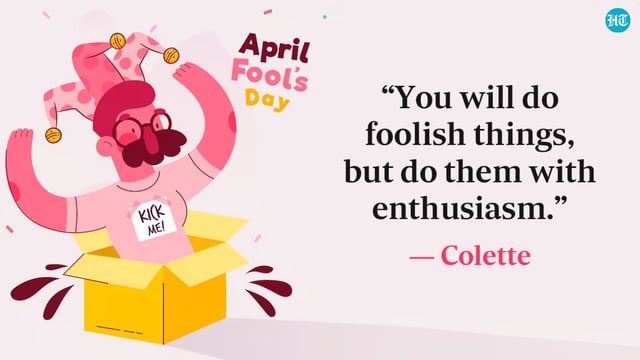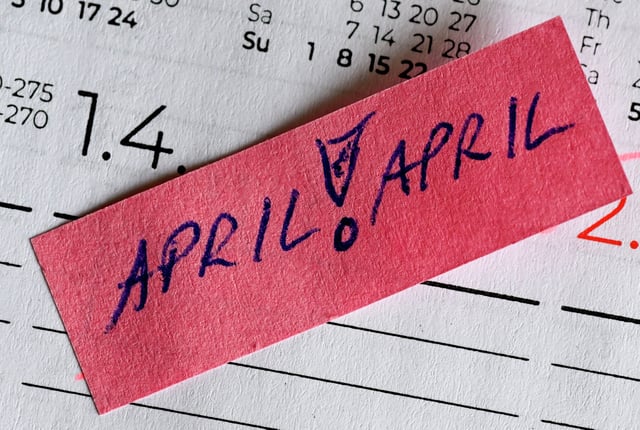Overview
- April Fools' Day, celebrated annually on April 1, has roots dating back to the 16th century, with debated origins including the French calendar reform and ancient Roman festivals.
- Global traditions vary, such as France's 'Poisson d’Avril,' where paper fish are pinned to people's backs, and Scotland's 'Gowkie Day,' involving playful pranks over two days.
- Modern April Fools' Day has seen increased participation from corporations and media outlets, using elaborate hoaxes for marketing and engagement purposes.
- Critics argue that the rise of misinformation and predictable corporate pranks have diminished the humor and trust associated with the day.
- Notable historical pranks include the BBC's 1957 'spaghetti harvest' and Google's fictional job postings, showcasing the creative spirit of the tradition.



